Can You Use Vinegar To Remove Hair Dye?
Ways you can use this kitchen ingredient to eliminate unwanted hair dye stains.
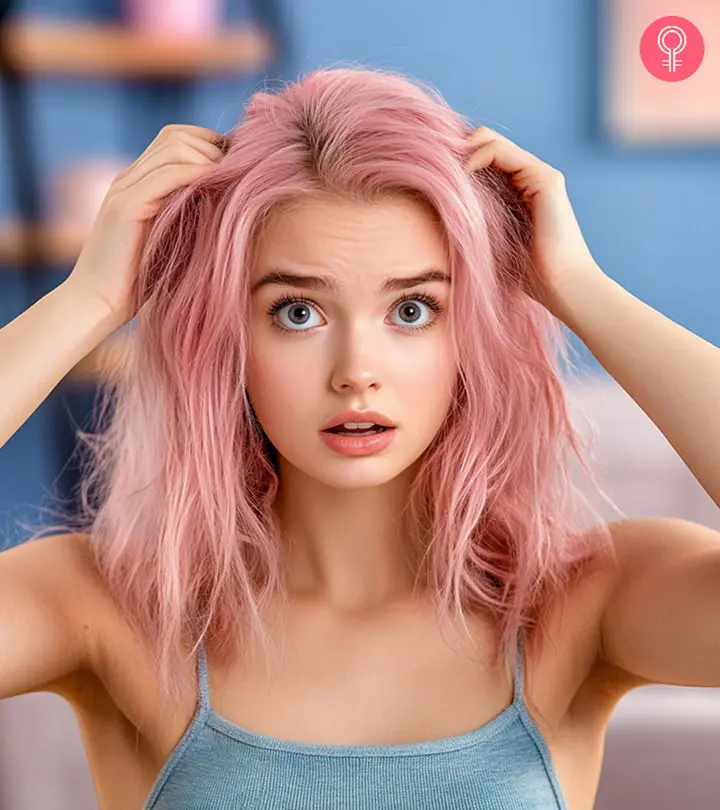
Image: Midjourney/ StyleCraze Design Team
Do you feel like changing the hair color but thinking about the consequences of frequent changes? No need to worry. You can use vinegar to remove hair dye without causing any damage to the hair. As we all know, using chemical products might result in severe damage, and also some of these products are expensive. It’s quite common to feel the urge to change into a new color. So, there is no need to live with boring hair color and no need to wait until it fades away naturally. In this article, we have discussed how to use vinegar to remove hair dye. Keep reading to know more about this.
In This Article
Can You Use Vinegar To Remove Hair Dye?
There are many different types of hair color. Temporary hair color affects only the hair cuticle, which is the outer layer, whereas semi-permanent hair color can permeate to the hair cortex (i.e., the inner layer). Meanwhile, permanent hair dye can penetrate even deeper into the hair through oxidation (1). Hence, it is difficult to remove completely. However, vinegar can act like a natural hair dye remover and help fade temporary, permanent, and semi-permanent hair dye to an extent under specified conditions.
Can You Consider Using Vinegar For Removing Hair Dye?
The short answer – yes. But, the longer answer is more complicated. While you can use vinegar to remove temporary hair dye, permanent hair color is a different matter.
Unlike chemical products, the dye removal process using vinegar takes time but does not damage your hair.
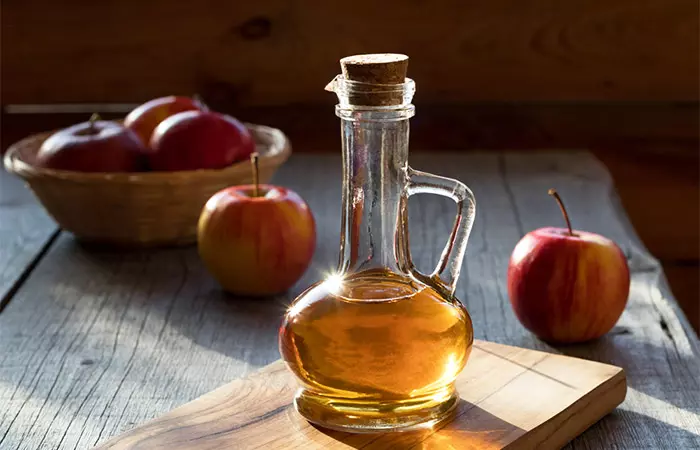
Besides cleaning the scalp and hair, vinegar also has a slightly acidic nature that helps to close the cuticles and maintaining your hair’s health. Moreover, it acts as a microbial disinfectant, which eradicates many scalp and hair problems (2). Anecdotal evidence also suggest that you can use apple cider vinegar for hair loss.
Additionally, it helps in solving many hair problems – like frizzy hair – and provides a smooth shine to your hair.
There are various types of vinegar, such as white vinegar and apple cider vinegar, which help to remove hair dye. While white vinegar can help in effective hair dye fading, it has an unpleasant odor. Hence, most people use an apple cider vinegar hair rinse due to its pleasant fragrance. However, there are different kinds of ACV also, filtered and unfiltered. Unfiltered ACV generally has a bad reaction on the skin and causes a hot rash.
So, what is the procedure of how to remove hair dye naturally with vinegar? Find out in the next section!
Key Takeaways
- Vinegar can remove temporary hair dye without damaging your hair.
- Though both white vinegar and apple cider vinegar work effectively, many people use apple cider vinegar because of its fragrance.
- It is a safe technique to remove hair dye, but it may cause scalp irritation if you are allergic to vinegar.
How To Use Vinegar To Remove Hair Dye
Here are some DIY hair dye removal solutions using vinegar that might help.
I. Using Apple Cider Vinegar Rinse To Remove Hair Dye

Prep Time: 30 minutes
Processing Time: 20 minutes
Process:
- To make an apple cider vinegar hair rinse to remove stubborn dye stains, you need two cups of boiling water and two tablespoons of apple cider vinegar.
- Mix the apple cider vinegar with the boiling water and let it sit for 15 minutes.
- Allow the mixture to cool down.
- After shampooing and rinsing your hair, pour the apple cider vinegar mixture all over it and let it soak for 10-20 minutes to remove the hair dye.
How Often Can You Do This:
1-2 times a week.
II. Using White Vinegar To Remove Hair Dye
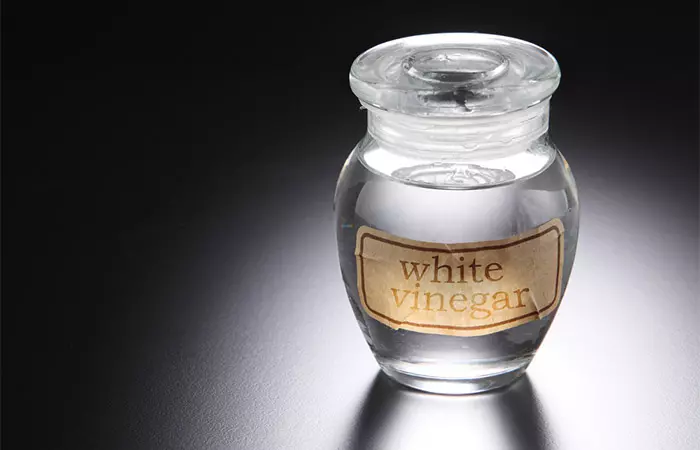
Prep Time: 10 minutes
Processing time: 20 minutes
Process:
- Mix an equal amount of hot water with white vinegar, and let it cool down.
- After washing your hair, rinse it with the white vinegar mixture to remove your hair dye.
- Cover your hair with a shower cap for 15-20 minutes
- Rinse off the white vinegar mixed with warm water.
- Using white vinegar for hair dye removal may make your hair smell foul. Hence, you can add a few drops of sweet-smelling essential oil to your vinegar rinse to make your hair smell good after hair dye removal.
How Often Can You Do This:
1-2 times a week
A blogger recalls using white vinegar to remove the dyed hue of her hair. She wanted to embrace her silver tresses after realizing the side effects dyeing could cause, including yellow streaks, mineral deposits from hard water, harm by the colorants and additives in hair products. She used numerous products including white vinegar and added, “I sometimes pour a solution of white vinegar and water over my hair as a final rinse. It dries with absolutely no odor, and it simply feels good (i).”
However, you must also be aware of the dangers of removing hair dye using vinegar.
You may experience irritation on your scalp if you are allergic to vinegar. Moreover, it can also cause a sulfite reaction, making your hair lose moisture.
In the next section, we discuss some cautionary steps to consider before using vinegar on your hair.
 Quick Tip
Quick TipCautionary Tips For Using Vinegar To Remove Hair Dye
Vinegar offers a natural solution to remove hair dye. However, taking some precautions can help avoid potential damage to the hair.
- Consider the condition of your scalp and the texture of your hair before using vinegar to avoid scalp irritation and hair breakage.
- Always conduct a patch test before using vinegar on your entire hair. Apply some vinegar to a small section of your hair and leave it on for 24 hours. Check for any adverse reactions before proceeding with full usage.
- Dilute vinegar with water before applying it to the hair to reduce the risk of scalp irritation. Mix one part vinegar with two parts water to make the solution.
- Do not use vinegar frequently on your hair as it causes excessive dryness. Use a deep conditioner after removing hair dye with vinegar to restore the hair’s natural moisture.
While vinegar may help remove hair dye from your locks, it could also strip off the natural oils from your scalp and cause hair damage. Therefore, it is best to incorporate a healthy aftercare treatment after using vinegar to remove hair dye. Keep reading to know more!
Follow-Up Hair Care Treatments
- Deep Conditioning: Apply a rich deep conditioner or hair mask to replenish lost moisture and restore softness. Do this 2-3 times a week.
- Oil Treatment: Use coconut oil, argan oil, or olive oil to nourish the scalp and strengthen hair strands. Repeat this 1-2 times a week.
- Hydrating Shampoo and Conditioner: Choose sulfate-free products that lock in moisture and prevent further dryness. Do this for every wash.
- Leave-In Conditioner: Apply a lightweight leave-in conditioner to keep hair hydrated and manageable. Apply this product after every wash.
- Protein Treatment: Strengthen hair with a protein treatment if you notice excessive dryness or breakage. Do this once every 2 weeks.
- Limit Heat Styling: Avoid heat tools like straighteners and curling irons to prevent further damage. Don’t use heat styling tools for at least a week or two. Then limit their use to once or twice a week.
- Trim Split Ends: If hair feels rough or brittle, trim split ends to promote healthy growth. Repeat this every 6-8 weeks.
- Scalp Massage: Gently massage the scalp with essential oils (diluted with any carrier oil) to improve blood circulation and encourage hair growth. You can do this daily or every other day for best results.
- Avoid Harsh Chemicals: Refrain from using additional hair dye or chemical treatments immediately after vinegar use. Do this for at least 2 weeks to allow your hair to recover properly.
These steps may help restore your hair’s natural balance. However, if you have sensitivity to vinegar or it does not work for you, here are some alternative hair dye stripping methods you can try instead.
Here are some alternative hair dye stripping methods you can try in place of vinegar.
Alternative Methods For Removing Hair Dye At Home
When it comes to removing hair, vinegar hair treatment has some drawbacks. For example, you cannot use it to remove permanent hair color. So, here are a few alternatives that work for effective hair dye removal at home.
- You can use a store-bought hair color remover at home, although it might damage your hair.
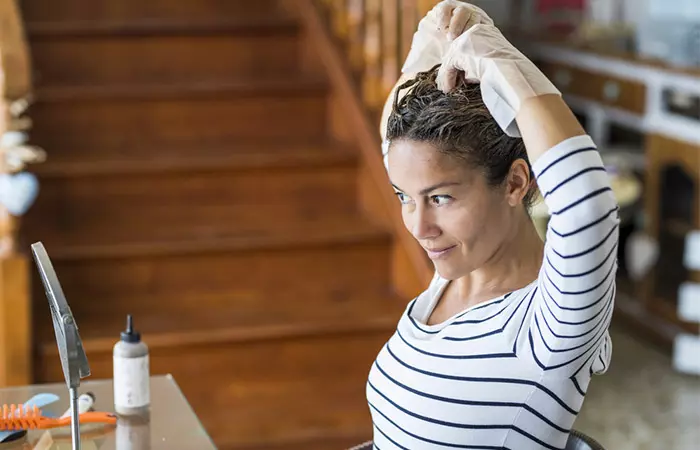
- Shutterstock
- You can also use natural ingredients like baking soda, chamomile, honey, lime water, or lemon juice for hair lightening (3) (4). These take longer to lighten your hair.
- You can also try bleaching your hair to get rid of all the hair color. However, this will strip away all the color from hair and can also damage it.
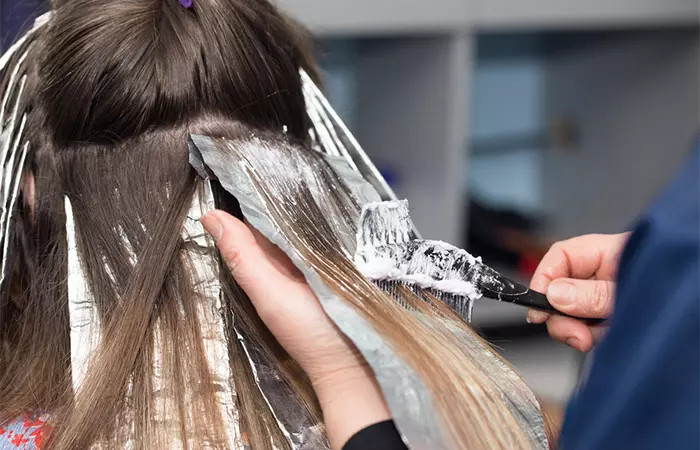
- Activities like swimming in chlorinated water and sunbathing may have a similar hair-lightening effect as using vinegar for hair dye removal. Chlorine can fade hair dye by oxidizing the pigments, especially under sunlight. A study found that chlorinated water can alter hair color, making dark hair redder and all shades more yellow, with UV exposure accelerating the effect (5). Sunlight can break down melanin (the natural pigment in hair) that may directly lighten hair color (6). However, these are not good for your hair as it can cause significant damage.
 Quick Tip
Quick TipNote: Frequent exposure to chlorinated water may make your hair dry and brittle.
Infographic: Two Easy DIY Methods To Remove Hair Dye With Vinegar
Vinegar is significantly useful not only for health purposes but also to remove hair dye efficiently. It saves you the cost of salon appointments and allows you to be as messy or efficient as you want in your own space at your own pace. There are two types of vinegar such as apple cider vinegar and white vinegar that can help you to get rid of the shade after a few applications.
Check out the infographic below to know how to remove hair dye at home in a nutshell. Illustration: StyleCraze Design Team
If you love changing your hair color often but are worried about causing any damage, you can use vinegar to remove hair dye. Vinegar’s acidic nature also helps reduce frizz, scalp infections, and other hair issues. You can use apple cider vinegar or white vinegar once or twice a week to remove hair dye. However, if you are allergic to vinegar, you can either use a store-bought dye remover or natural ingredients such as lemon juice, honey, or lime water to remove hair dye without any damage.
Frequently Asked Questions
How long does vinegar take to remove hair dye?
You should keep the vinegar rinse on your hair for about 20 minutes. You might have to rinse your hair again a few more times over a couple of days to remove the hair dye completely.
Can I leave white vinegar in my hair overnight?
You can leave the vinegar in your hair overnight. But you can wash it off with warm water if your scalp feels itchy.
Why should you not use vinegar to remove red hair dye?
Vinegar has a low pH level and may remove light or semi-permanent colors. It should not be used to remove red hair dye as it can leave you with badly colored hair.
Does apple cider vinegar have any side effects on hair?
Undiluted vinegar may cause the skin to burn or itch, especially if you have a sensitive scalp. You should mix apple cider vinegar with water to prevent this from happening.
Does vinegar set hair dye?
There is no scientific evidence to suggest that vinegar can help set hair dye. However, it does help balance the pH of your scalp and hair, which can contain color from fading, and remove buildup and residue.
Can vinegar remove all types of hair dye?
No. Vinegar is not effective in removing permanent hair dyes as such dyes bond strongly to the hair. It is also not very effective in lightening deep and dark hair colors.
Is vinegar safe for all hair types?
Yes. Vinegar is generally safe to use on all hair types. However, consult your doctor before using it if you have a sensitive scalp. It is recommended to dilute vinegar with water to reduce the risk of adverse reactions.
Does white vinegar remove permanent hair dye? Find out in this video! See how white vinegar can help you get rid of unwanted hair dye and get back to your natural color.
Personal Experience: Source
StyleCraze's articles are interwoven with authentic personal narratives that provide depth and resonance to our content. Below are the sources of the personal accounts referenced in this article.
i. Beauty post! Letting that hair go grey…https://cocosloft.blogspot.com/2017/01/beauty-post-letting-that-hair-go-grey.html
References
Articles on StyleCraze are backed by verified information from peer-reviewed and academic research papers, reputed organizations, research institutions, and medical associations to ensure accuracy and relevance. Read our editorial policy to learn more.
- Types of Hair Dye and Their Mechanisms of Action
https://www.mdpi.com/2079-9284/2/2/110 - Acetic acid and the skin: a review of vinegar in dermatology
https://pubmed.ncbi.nlm.nih.gov/34350993/ - A Review of the Natural Resources Used to Hair Color and Hair Care Products
https://www.researchgate.net/publication/318795653_A_Review_of_the_Natural_Resources_Used_to_Hair_Color_and_Hair_Care_Products - Inhibition of Melanogenesis by Essential Oils from the Citrus Cultivars Peels
https://pmc.ncbi.nlm.nih.gov/articles/PMC9962211/ - Hair color damages caused by exposure to chlorinated water in the presence of ultraviolet radiation
https://www.researchgate.net/publication/236109930_Hair_color_damages_caused_by_exposure_to_chlorinated_water_in_the_presence_of_ultraviolet_radiation - A study of the photolightening mechanism of blond hair with visible and ultraviolet light
https://pubmed.ncbi.nlm.nih.gov/15264056/
Read full bio of Madison Dufour
Read full bio of Arshiya Syeda
Read full bio of Ramona Sinha
Read full bio of Medha Deb






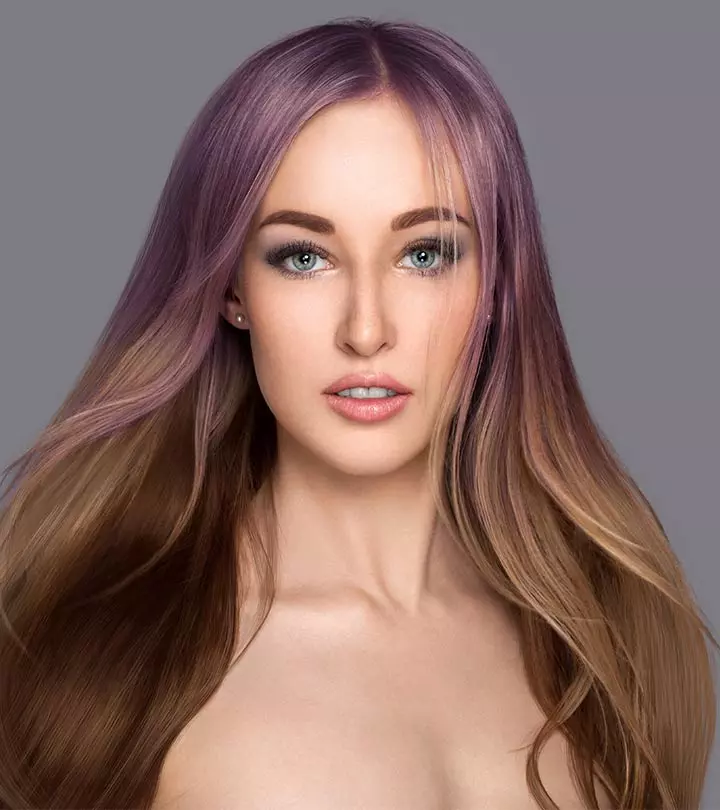
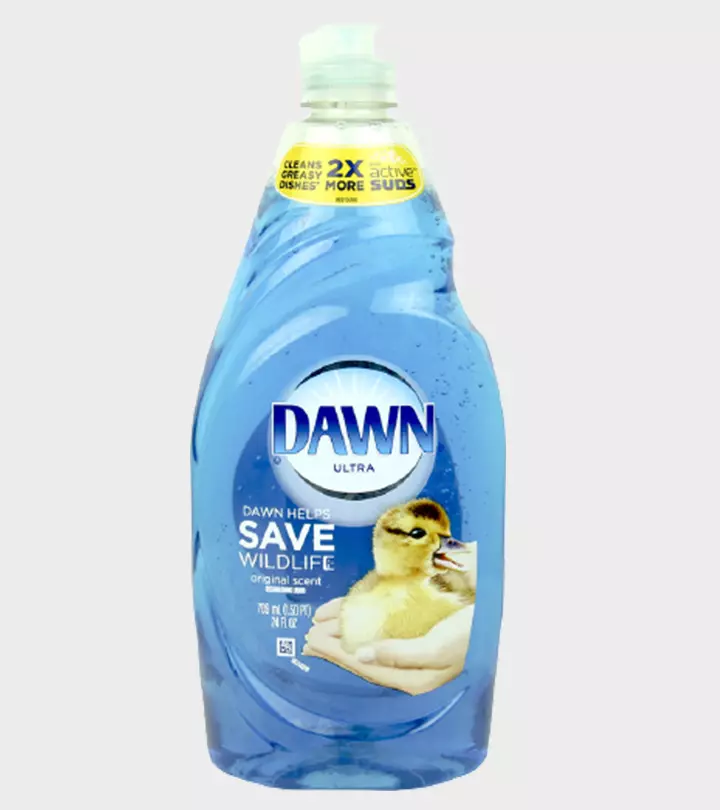
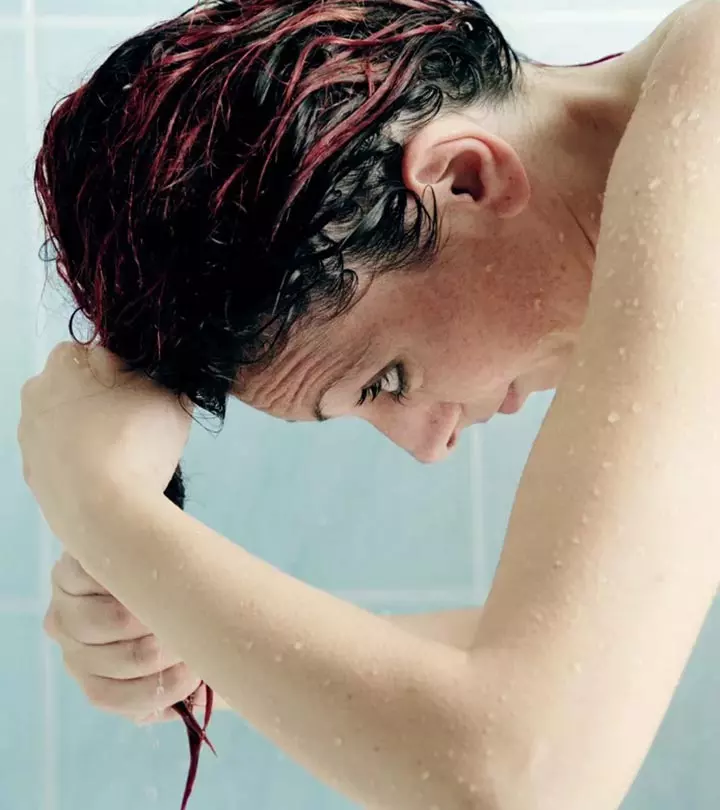
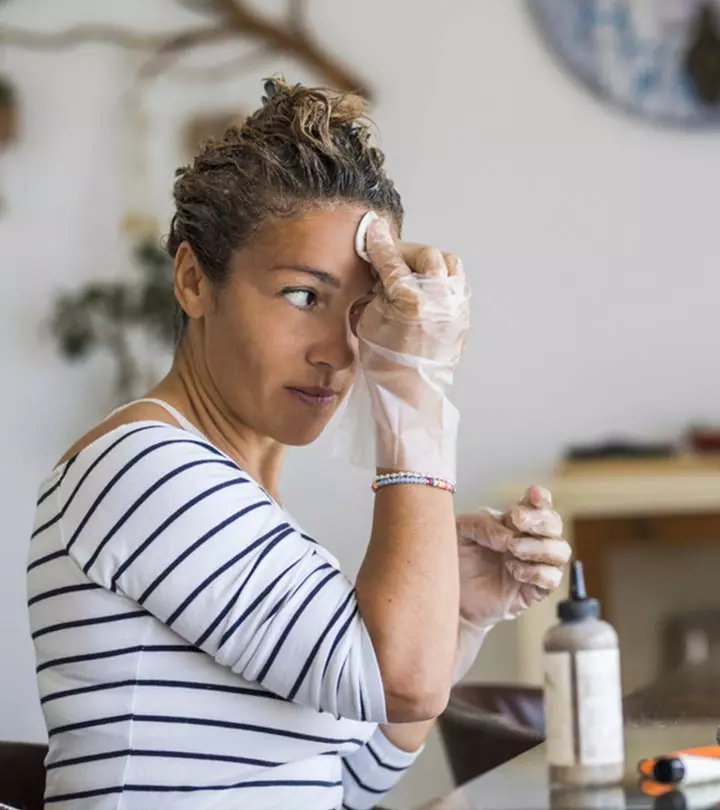
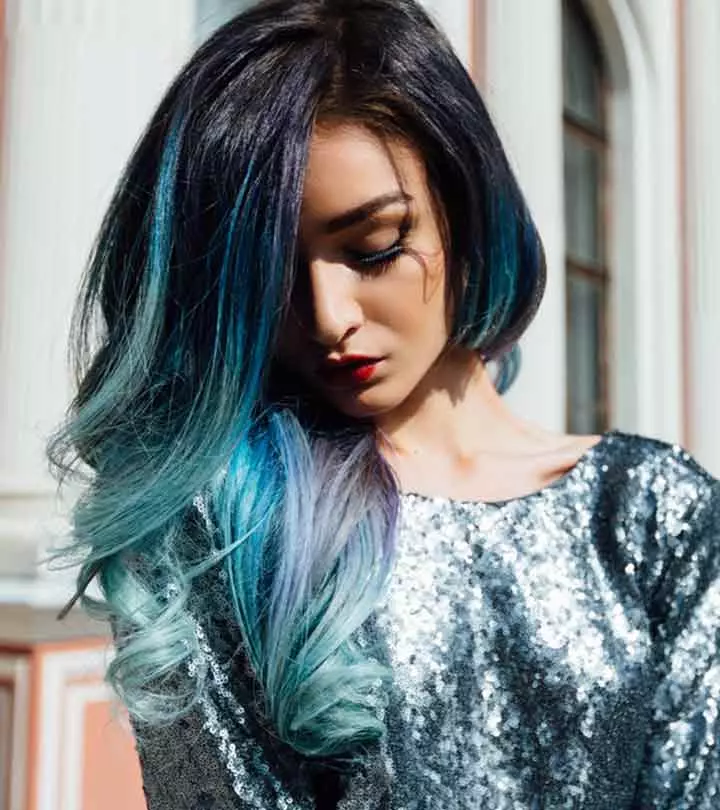
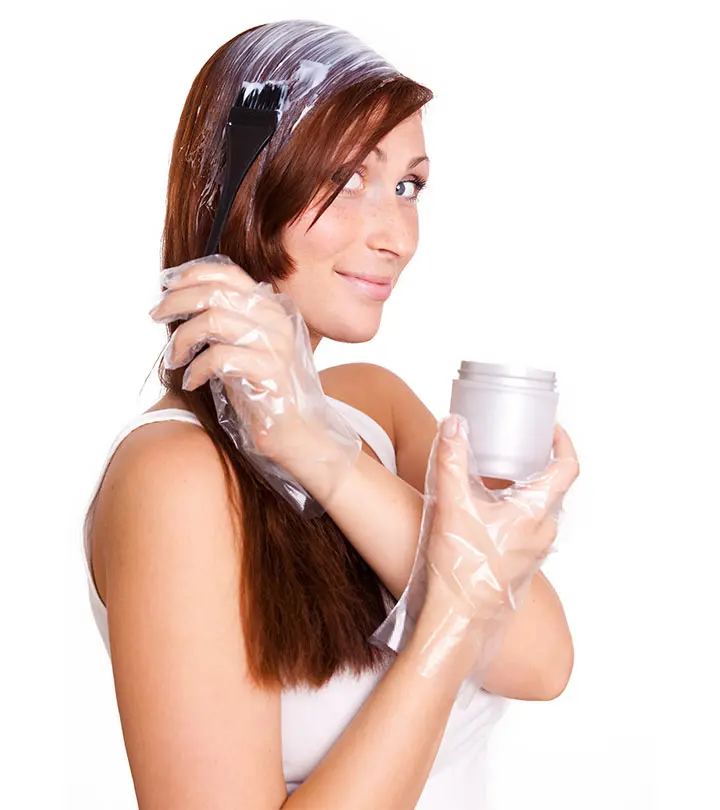
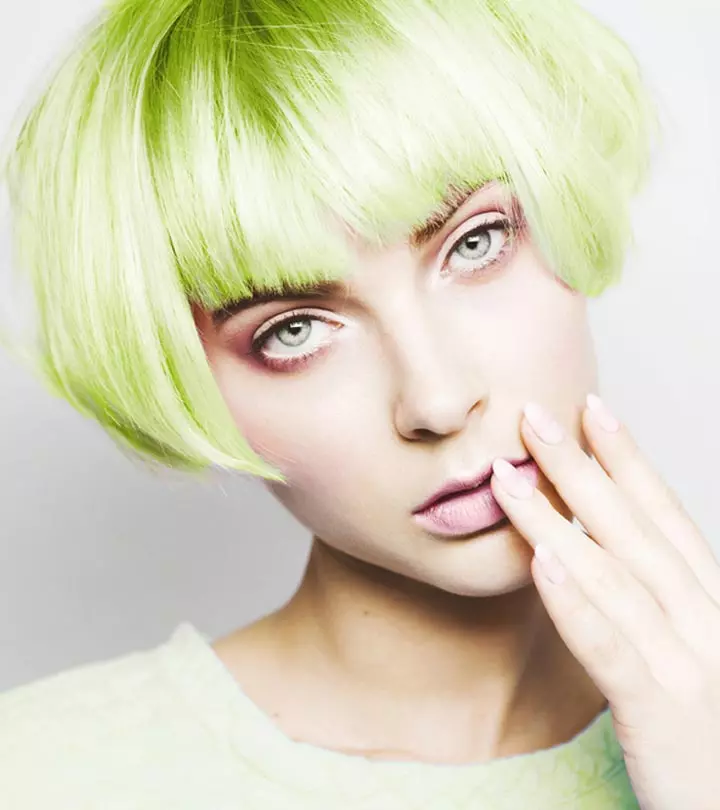
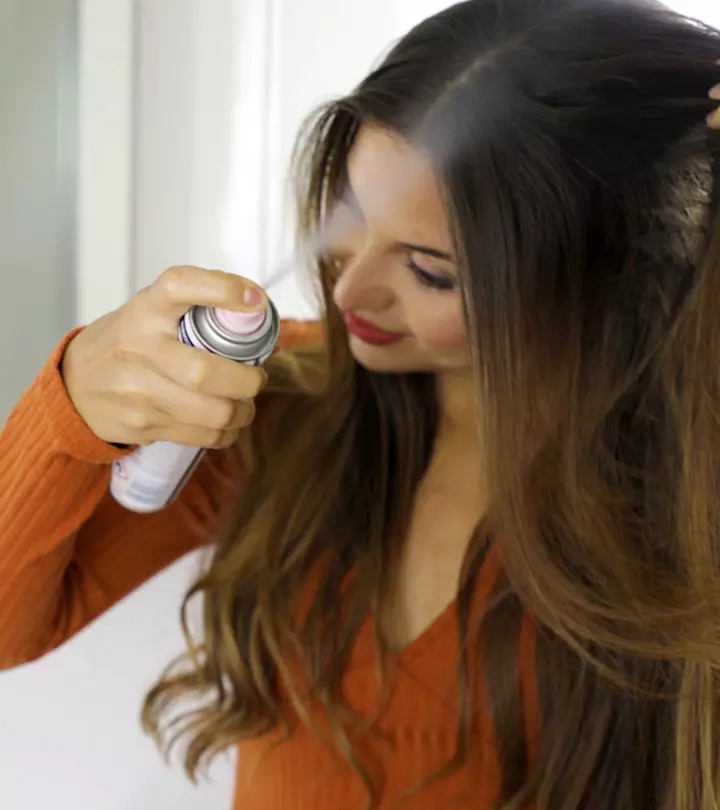
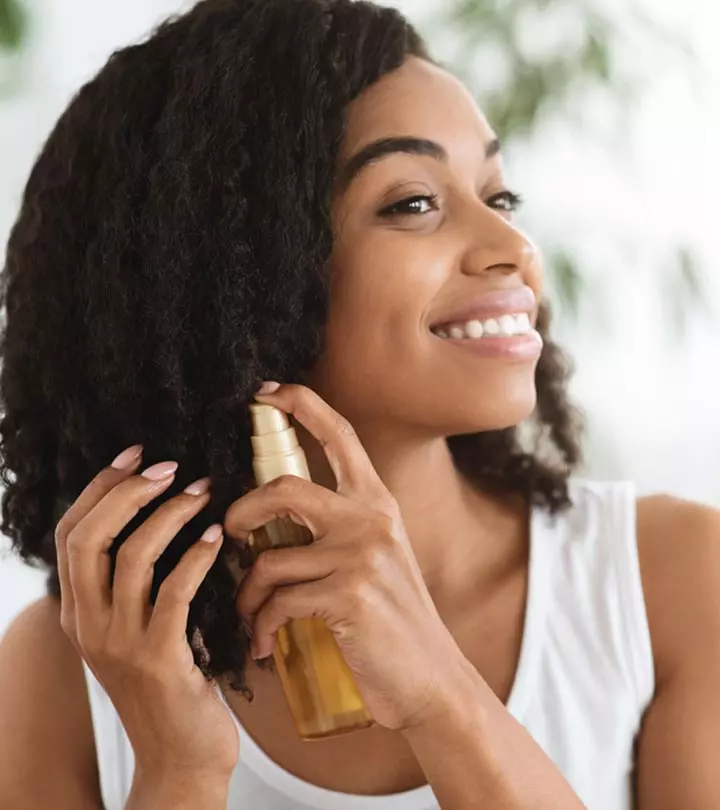
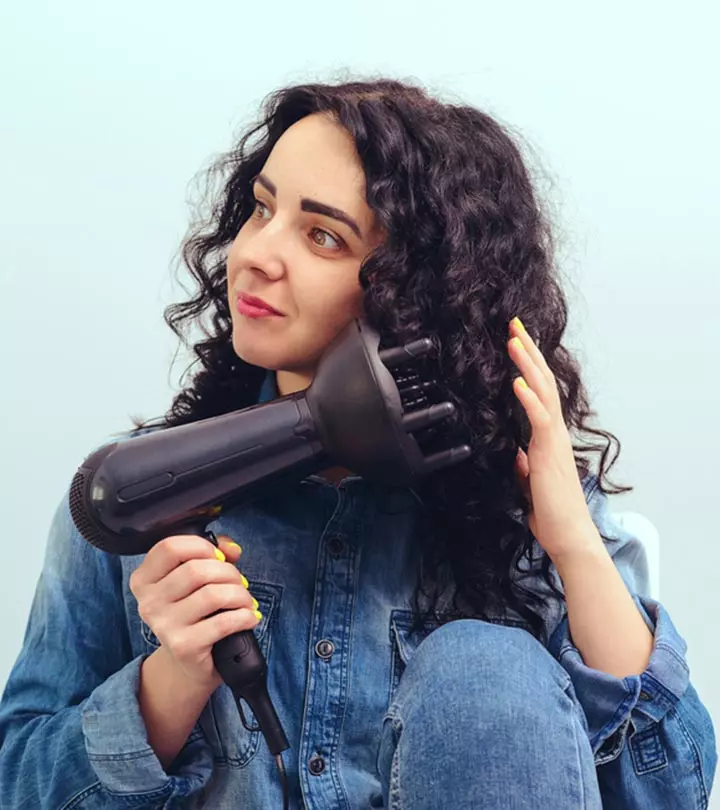
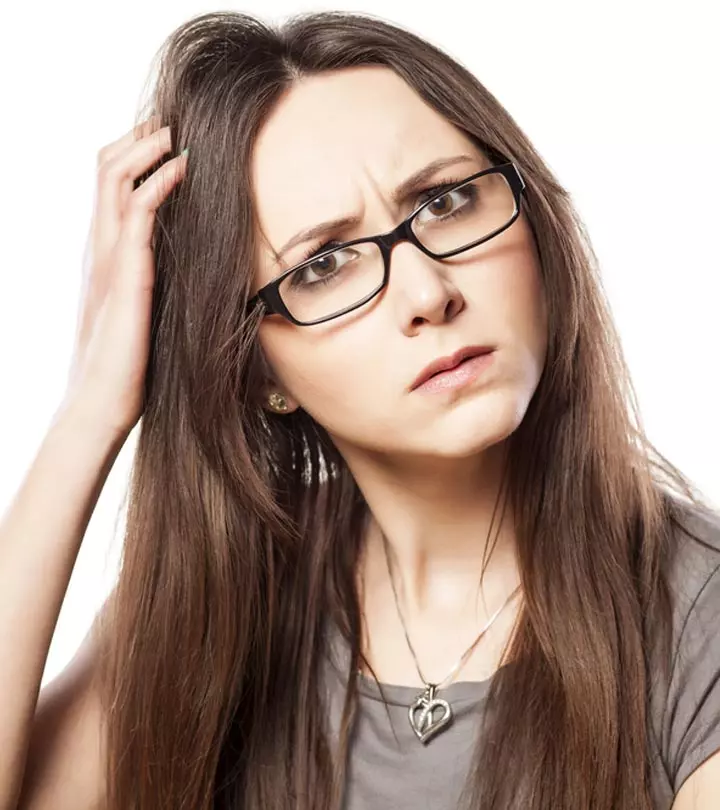

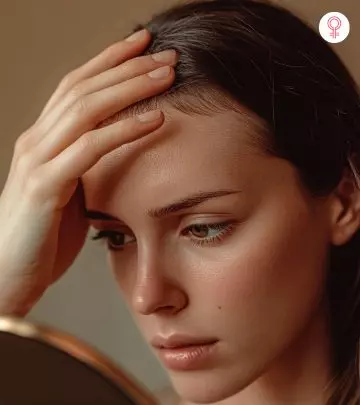
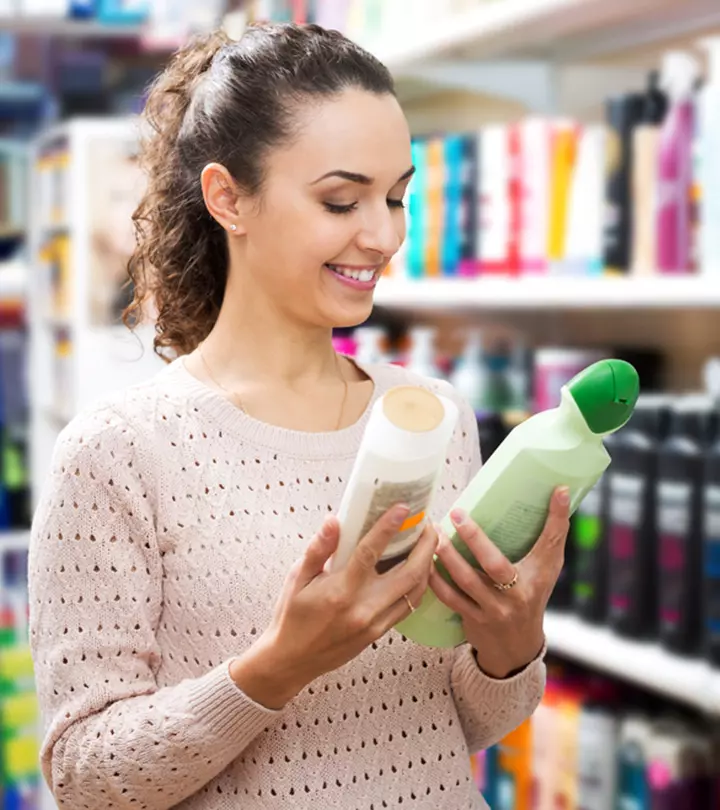

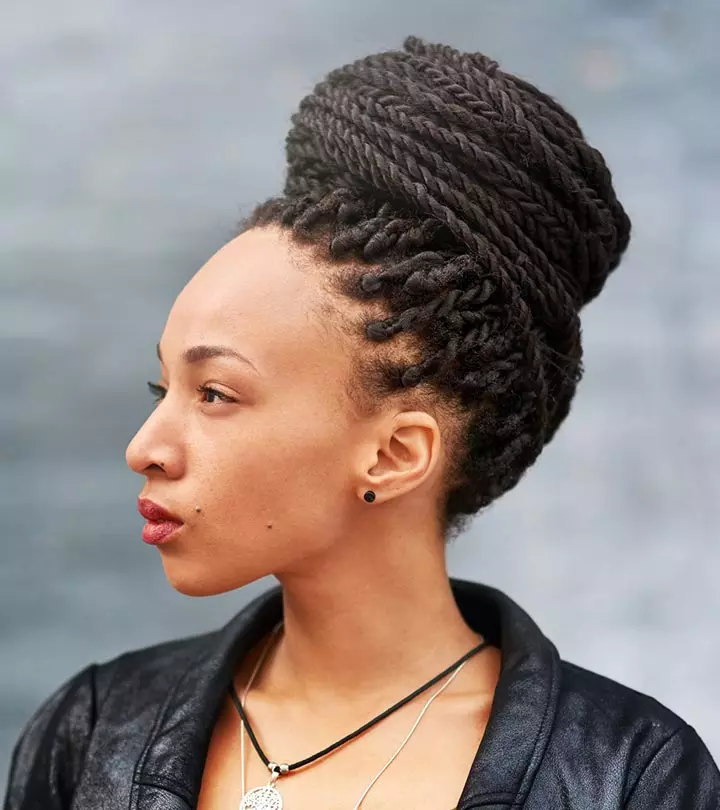
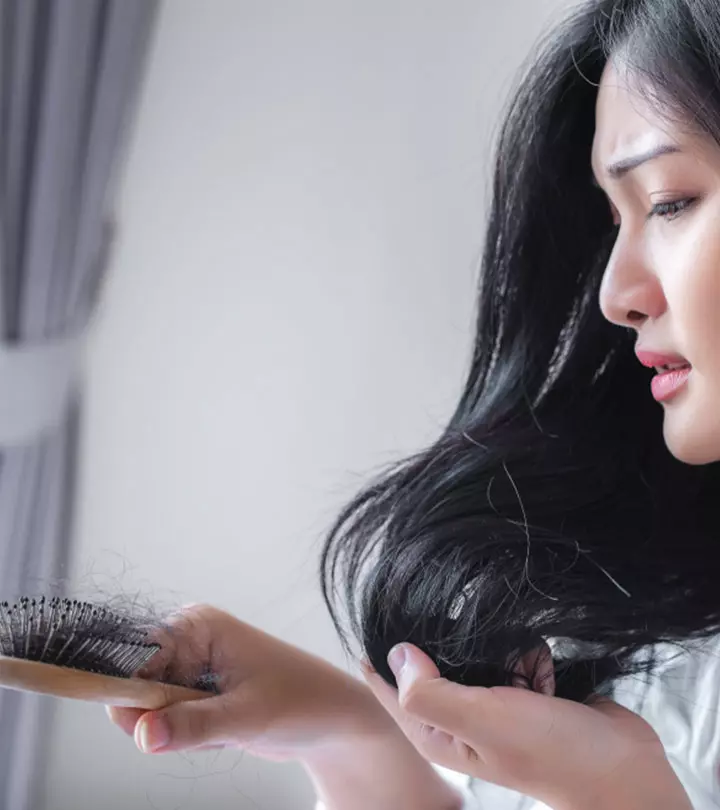
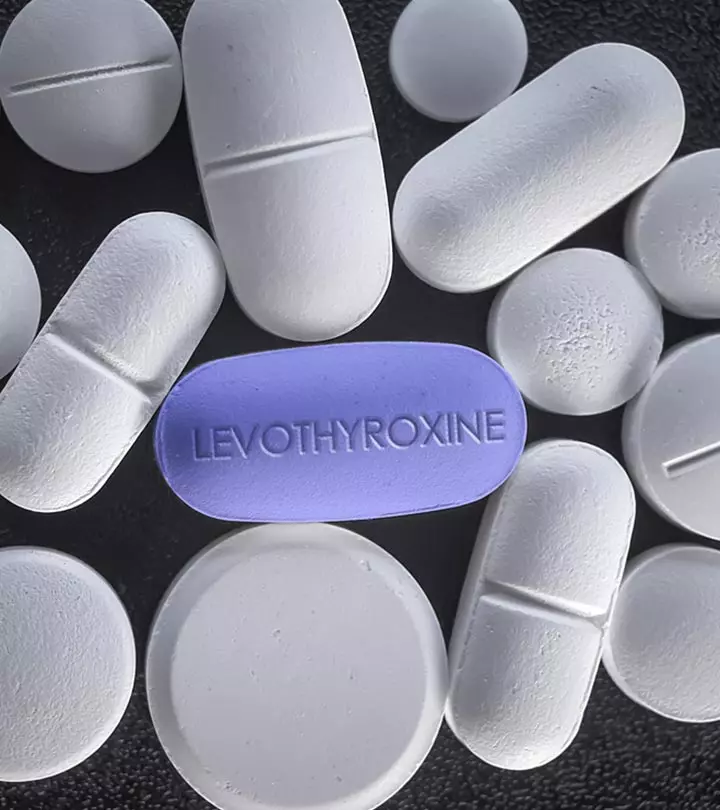
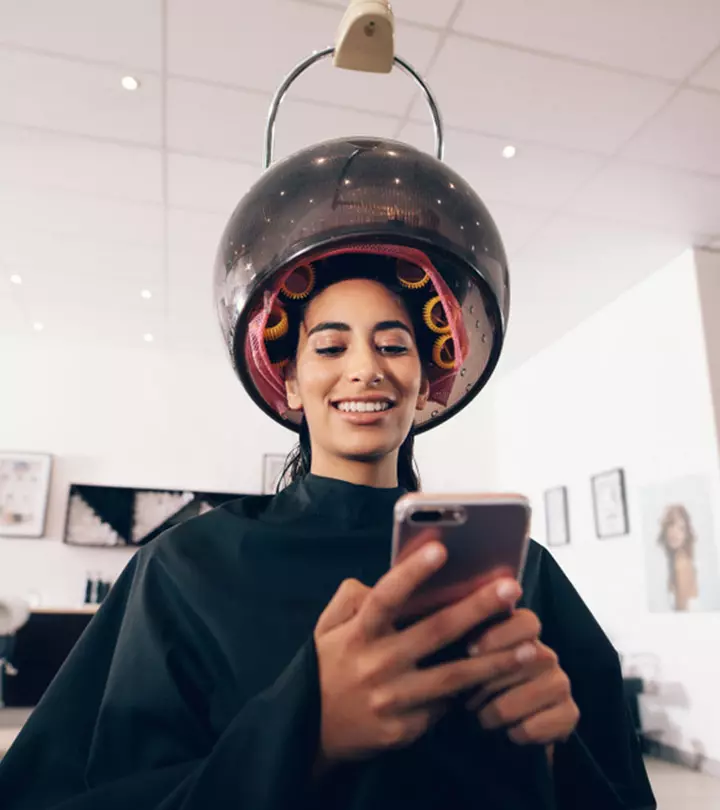
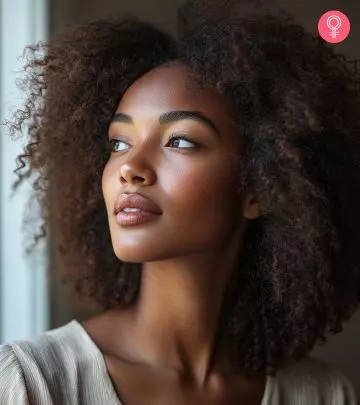
Community Experiences
Join the conversation and become a part of our empowering community! Share your stories, experiences, and insights to connect with other beauty, lifestyle, and health enthusiasts.